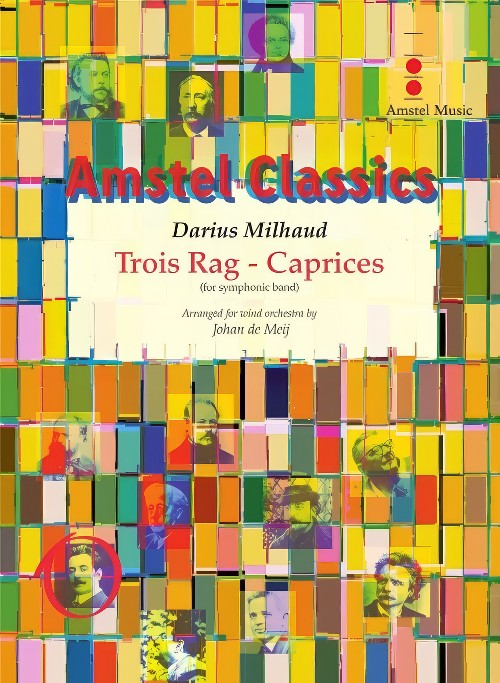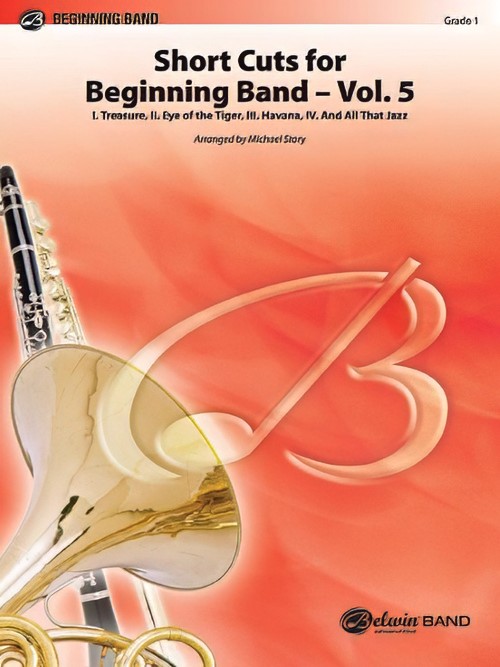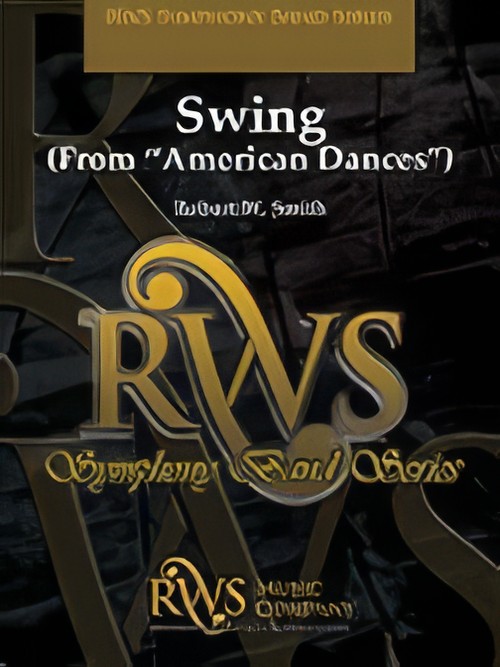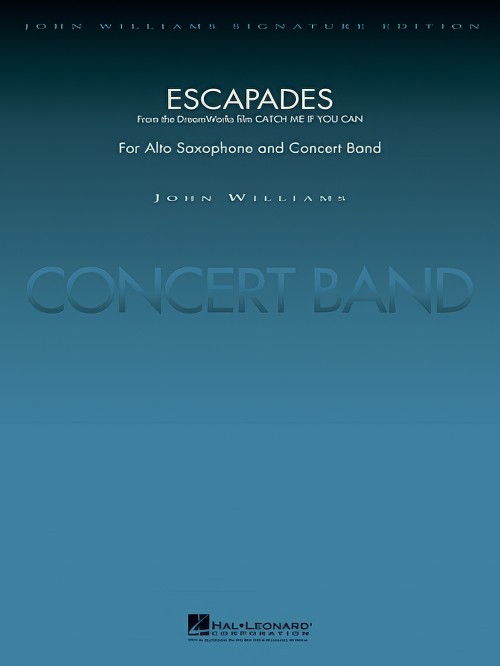Results
-
 £148.00
£148.00Trois Rag - Caprices (Concert Band - Score and Parts) - Milhaud, Darius - De Meij, Johan
The French composer Darius Milhaud (1892-1974) was a member of the Groupe des Six. This group of six composers gathering Honegger, Poulence, Auric, Durey, Tailleferre and Milhaud, imitated Erik Satie by revolting against the deeply rooted traditional conventions of that time. They reacted against impressionism (Debussy) and romanticism (Wagner, Mahler) and felt very strongly about the music of Satie and Stravinsky. Milhaud's most popular work is undoubtedly the ballet La Creation du Monde, one of the most striking examples of jazz influences in classical music. The premiere at the Theatre des Champs Elysees in October 1923 caused a real scandal with the Paris public. The Trois Rag-Caprices for piano were composed one year earlier, in the summer of 1922, and could be considered as a kind of preliminary sketch for La Creation du Monde. There are indeed clear similarities between both compositions as to the rhythmical and harmonic aspects. The Trois Rag-Caprices were orchestrated for symphony orchestra by Milhaud himself some time later. The same happened to Saudades do Brasil (1920), a piano composition punctuated with Latin-American influences, which was written after his stay in Rio de Janeiro (1917-18) exactly as his ballet Le Boeuf sur le Toit. Johan de Meij's orchestration of Trois Rag-Caprices for symphonic band is a most welcome addition next to the original band works of Milhaud, such as Suite Francaise (1945) and West Point Suite (1951).Duration: 8.00
Estimated dispatch 7-14 working days
-
 £61.00
£61.00Short Cuts for Beginning Band - Volume 5 (Concert Band - Score and Parts) - Story, Michael
A sure fit for your beginners using just the basics, this suite features Bruno Mars' "Treasure," "Eye of the Tiger" from Rocky III, Camila Cabello's "Havana," and closes with "And All That Jazz" from Chicago. Each theme is focused toward a specific instructional objective and is extremely performable. The tunes can be programmed all at once or throughout your school year.Duration: 3.45
Estimated dispatch 7-14 working days
-
 £99.00
£99.00Swing (from American Dances) (Concert Band - Score and Parts) - Smith, Robert W.
American Dances is a three movement suite originally composed for the Boston Pops Brass. Each movement features an American popular music genre. "Swing" was composed based upon the American jazz and big band tradition that was popular in the 1930s and 1940s. This will have your audience tapping their toes and clapping their hands as you band sizzles throughout. Duration: 2.30
Estimated dispatch 7-14 working days
-
 £42.50
£42.50Escapades (from Catch Me if You Can) (Concert Band - Score only) - Williams, John - Bulla, Stephen
Steven Spielberg's 2002 film Catch Me If You Can was set in the 1960s, and John Williams created a marvelous film score evoking the style of the progressive jazz movement popular during that time. Soloists on alto saxophone, vibraphone and string bass are featured in this suite of three contrasting movements. "Closing In" relates to the often humorous sleuthing ever present in the story. This is followed by "Reflections" portraying the fragile family relationships, and finally "Joy Ride" representing the main character's wild flights of fantasy. Duration: 14.00
Estimated dispatch 7-14 working days
-
 £309.99
£309.99Escapades (from Catch Me if You Can) (Alto Saxophone Solo with Concert Band - Score and Parts) - Williams, John - Bulla, Stephen
Steven Spielberg's 2002 film Catch Me If You Can was set in the 1960s, and John Williams created a marvelous film score evoking the style of the progressive jazz movement popular during that time. Soloists on alto saxophone, vibraphone and string bass are featured in this suite of three contrasting movements. "Closing In" relates to the often humorous sleuthing ever present in the story. This is followed by "Reflections" portraying the fragile family relationships, and finally "Joy Ride" representing the main character's wild flights of fantasy. Duration: 14.00
Estimated dispatch 7-14 working days
